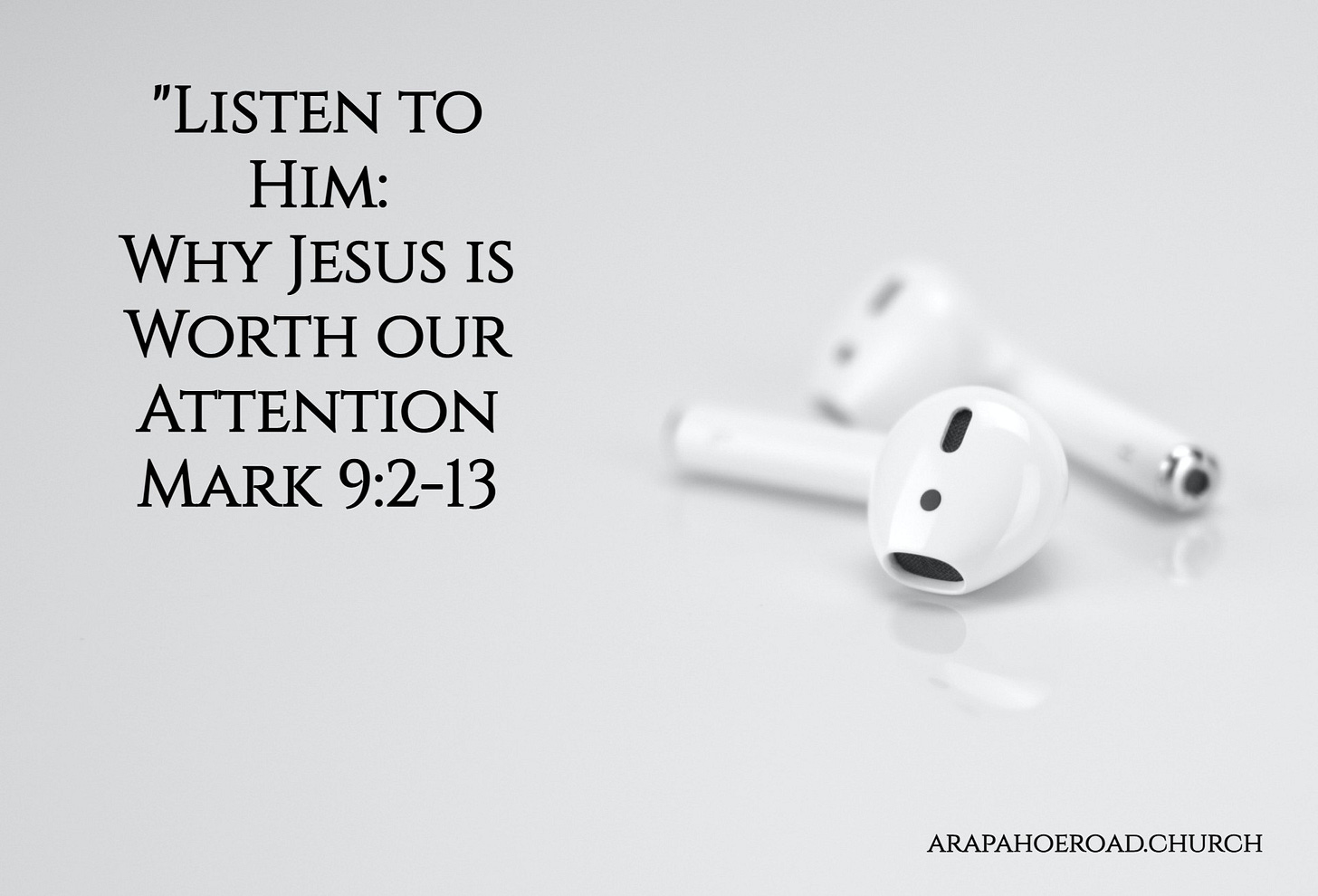Question 10 of the Scripture Catechism: What is the Intertestamental Period?
Plus Sunday's sermon | Tweet: There are times...

Q10: What is the Intertestamental period?
A10: The intertestamental period is the time between the end of the Old Testament and the advent of John the Baptist, a period of 400 years.
The last chronological event to happen in the Old Testament was the rebuilding of the wall by Nehemiah. The last messages given in the Old Testament were found by the prophet of Malachi (all around 400 BC). You may ask, “Why didn’t you call Malachi the last Old Testament prophet, since he is (at least in the Protestant Bibles) the last prophet found in the collection of the Old Testament?” The simple answer is, Malachi is not the last Old Testament prophet. That designation belongs to John the Baptist, the forerunner of Jesus (John 1:19-30).
The span between the Old and New Testament is called the Intertestamental Period—that is, between the Testaments. For 400 years, God did not send a prophet. The Messiah had not yet come and we believe that no new authoritative prophecies arose.
There were books written during this Intertestamental period that the Jews call the Apocrypha. During the Reformation (15th and 16th century), the newly-minted Protestants and Catholics differed on the role of the Apocrypha.
The Catholics, in the Council of Trent in 1546, declared:
“But if any one receive not, as sacred and canonical, the said books entire with all their parts, as they have been used to be read in the Catholic Church, and as they are contained in the old Latin vulgate edition; and knowingly and deliberately contemn the traditions aforesaid; let him be anathema.”
The reason my evangelical lane (and, it is believed, the Jews themselves) do not consider the Apocrypha authoritative. For us, while the New Testament refers to matters mentioned in the Apocrypha due to their historical and cultural relevance, none of them are ever quoted with an “It-Is-Written” authority.
I encourage you to read up on some of the events that happened during the Intertestamental Period that will help you understand the landscape when John the Baptist and Jesus come on the scene as depicted in the Gospels.
What happened in the intertestamental period?
The Intertestamental Period (from the Dust to Glory series by R.C. Sproul)
Next question from our Scripture Catechism: What are the Gospels and Acts?
Sunday Sermon: Listen to Him—Why Jesus Is Worth our Attention
It’s been said that during Jesus’ life, they struggled with seeing Him as holy God because all they could see was His humanity. Now, on this side of the resurrection, we tend to struggle with Jesus’ humanity now along with him being holy God. The Spirit inspired the Word to remind us that Jesus is fully human but also the second person of the Trinity--holy God as well.
The central piece of this is what the Father says from heaven: “This is my beloved Son; listen to him” (Mark 9:7). Peter struggled to listen to him previously. Will you? Will you truly hear the Son of God this morning as He speaks to you?
You can watch via our Facebook page or go to our church page.
There are Times…

I charge you in the presence of God and of Christ Jesus, who is to judge the living and the dead, and by his appearing and his kingdom: preach the word; be ready in season and out of season; reprove, rebuke, and exhort, with complete patience and teaching. For the time is coming when people will not endure sound teaching, but having itching ears they will accumulate for themselves teachers to suit their own passions, and will turn away from listening to the truth and wander off into myths. As for you, always be sober-minded, endure suffering, do the work of an evangelist, fulfill your ministry.
The Apostle Paul in his second epistle to Timothy, 2 Timothy 4:1-5


